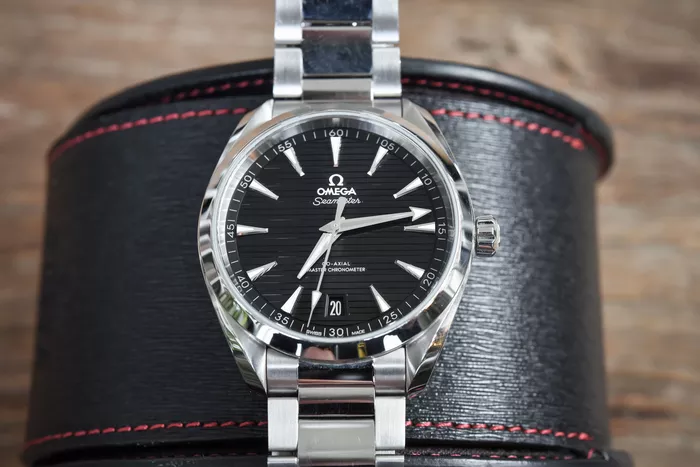For over nine decades, Omega has been synonymous with Olympic timekeeping, establishing what is likely the most enduring partnership in the history of sports. Omega’s extensive archives offer a fascinating glimpse into this storied relationship, documenting every second of Olympic history since the brand’s inaugural role in 1932.
The scale of Omega’s commitment to the Olympics is monumental. At each event, the company deploys approximately 350 tonnes of timekeeping equipment, 1,450 staff members, and over 200 kilometers of cables and fiber optics—roughly the distance between Lausanne, Switzerland, and Lyon, France. However, the true essence of Omega’s Olympic involvement is captured within its historical records.
Pioneering Timekeeping
When Omega first took on the mantle of official timekeeper in 1932, it marked the beginning of a unique chapter in Olympic history. While other watchmakers had participated in Olympic timekeeping before, Omega was the first to be entrusted with exclusive responsibility for the official timing of all events. In a notable demonstration of its dedication, Omega sent a representative to Los Angeles with 30 chronographs to cover the 20 disciplines of the Games, a far cry from the 329 events held today.
Despite not having the most advanced precision instruments of the time—Heuer had already achieved 1/100th of a second accuracy—Omega’s chronographs, with their 1/10th or 1/5th of a second precision, met the Olympic standards and proved reliable. This commitment solidified Omega’s role in the Games, with 185 chronographs shipped for the Berlin Olympics four years later.
Technological Innovations
Contrary to popular belief, the shift to electronic timekeeping did not occur during the quartz revolution of the 1960s and 70s. Instead, Omega pioneered advancements in the field much earlier. By 1948, Omega introduced photoelectric cells for finish-line photography, known as the Magic Eye, marking the beginning of electronic timekeeping.
The 1950s saw further innovations with semi-automatic timekeeping systems that activated automatically when athletes crossed a beam or touched a pad, reducing human error significantly. The introduction of television in sports broadcasting spurred Omega to innovate once more, debuting the Omegascope at the 1964 Innsbruck Games, which displayed real-time results on TV screens.
Swiss Timing and Modern Advancements
In 1972, Omega’s parent company, Swatch Group, established Swiss Timing to focus on electronic timekeeping. Located less than 20 kilometers from Omega, Swiss Timing has since become integral to Olympic timekeeping, handling the recording, data management, and transmission of times and rankings.
Today, Omega’s timekeeping technology is capable of measuring to the millionth of a second (10^-6), reflecting a broader scope that now includes performance calculations, postural analysis, and spatial variables affecting athletes. The integration of artificial intelligence further enhances the processing of this extensive data.
Looking Ahead
Omega’s partnership with the Olympic Games is secured through to the Brisbane Olympics in 2032, marking a century since Omega’s debut in Los Angeles. This long-standing collaboration not only represents the longest-running watchmaking-sport partnership but may well be the longest sports sponsorship in history.

